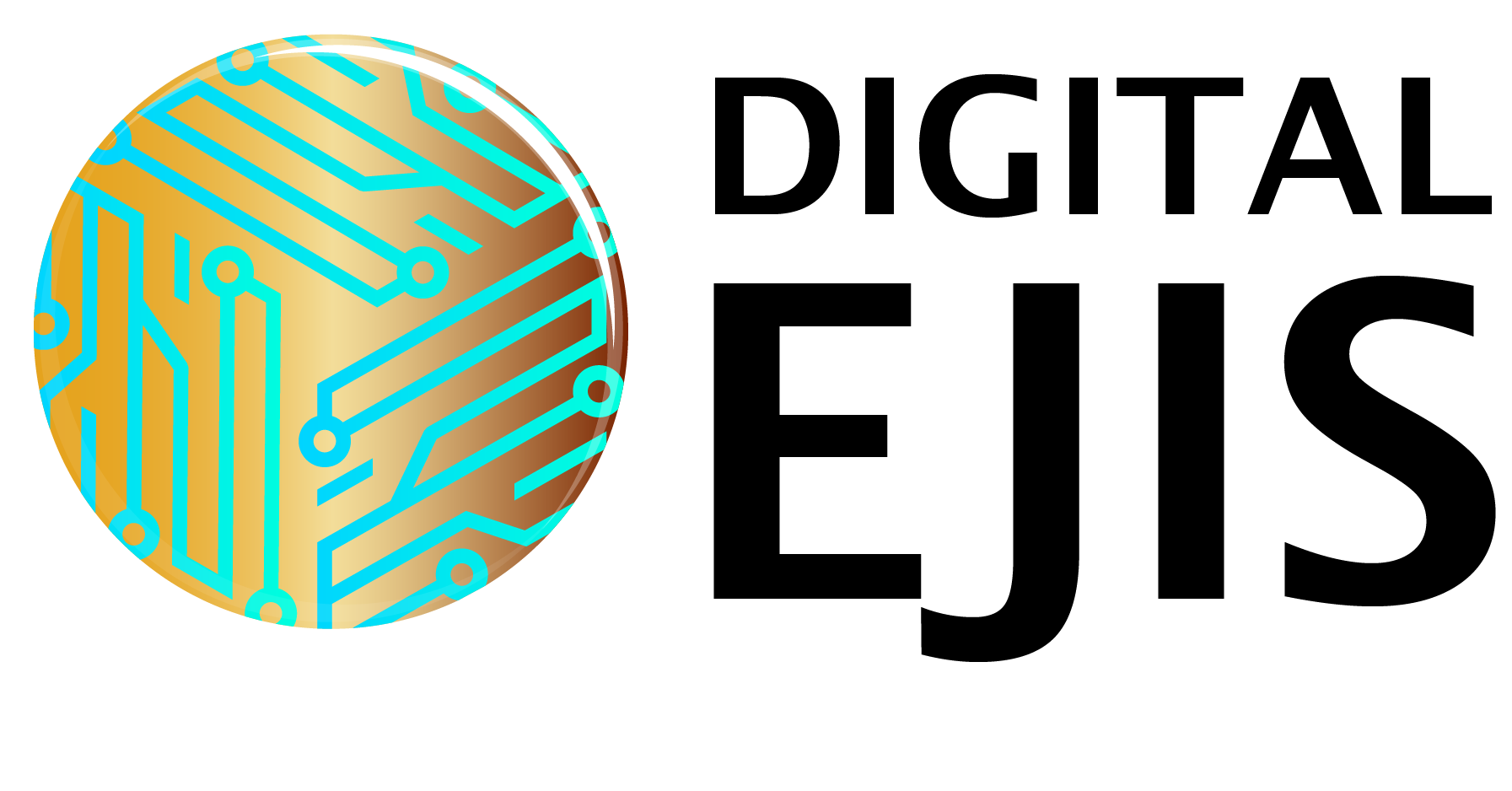





New customers are invited to participate in DigitalEjis' initial assessment at two points during the onboarding process with a new operator:
- Via an embedded URL at the bottom of the account activation confirmation email sent to new users by the operator to verify their account and in which is usually included an invitation to deposit: and
- The acknowledgement email which accompanies the first successful deposit.
Customers are encouraged to participate in the email (see the next page), but participation is at the sole discretion of the customer*.
Implementation requires no more than a simple adjustment to the operators’ CRM whereby a couple of lines of text and a URL are added to the two standard communications.
What follows is a simulation of the automated email including the introduction text and embedded URL, through which is passed an encrypted userID and operatorID necessary to ensure the output of the assessment can be correctly returned to the operator.
The customer simply clicks on the URL in the activation email to be transported to DigitalEjis' operator portal for initial assessment.
It is noteworthy that the email mock-up is derived from one of the most popular gambling sites in the world. It includes the standard way in which gambling companies currently deal with addiction which comprises no more than a small font link at the very bottom of the email. This link directs customers (in this example) to Gordon Moody, a charity dedicated to support and treatment for gambling addiction where an addict or concerned person could go to seek help.
Let’s begin by taking the role of the operator's CRM, automatically creating and sending an activation confirmation email to a new customer at the end of the registration process.
(*) This can be adjusted to make the assessment mandatory if desired by the operator. In this scenario, the implementation of the assessment would be identical to the demo presented here. The only change needed would be to the back-end systems of the operator which would need to be configured to progressively encourage participation until eventually blocking a new customer from betting.
